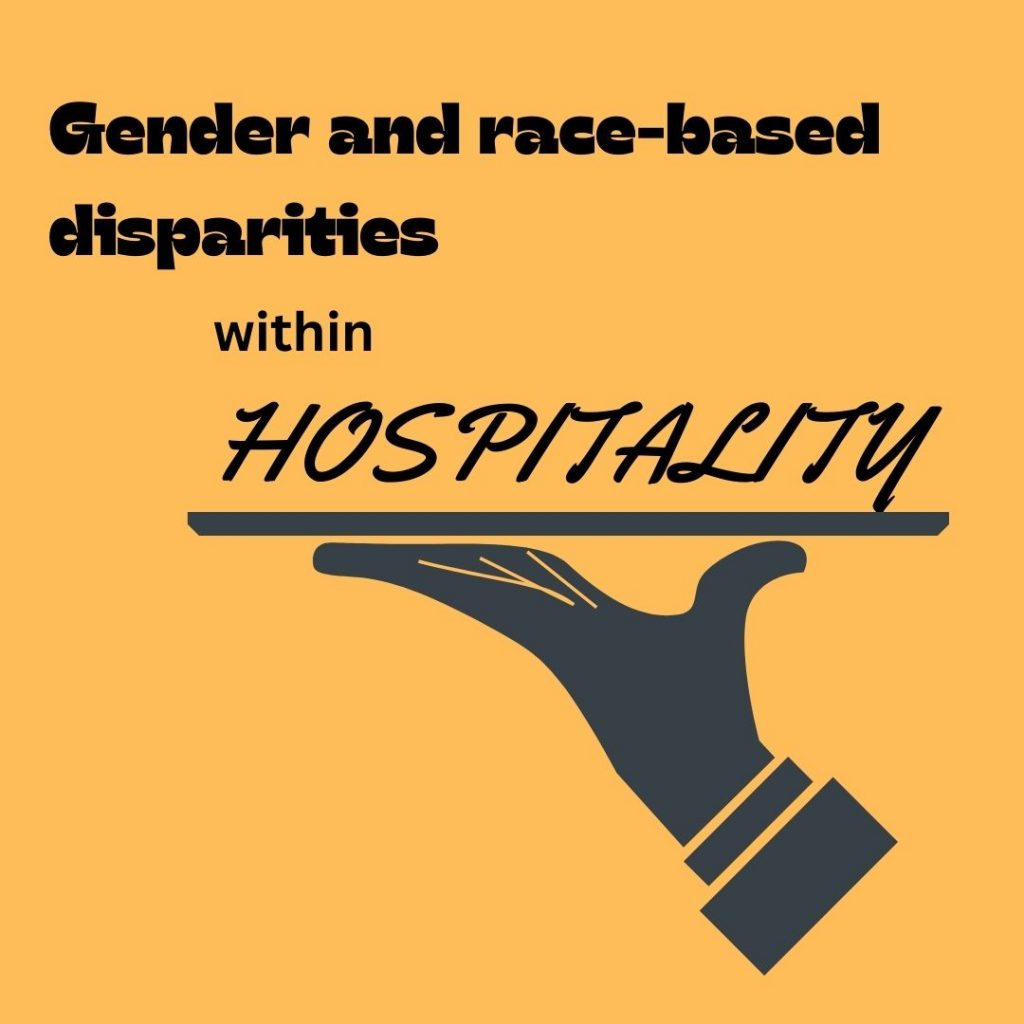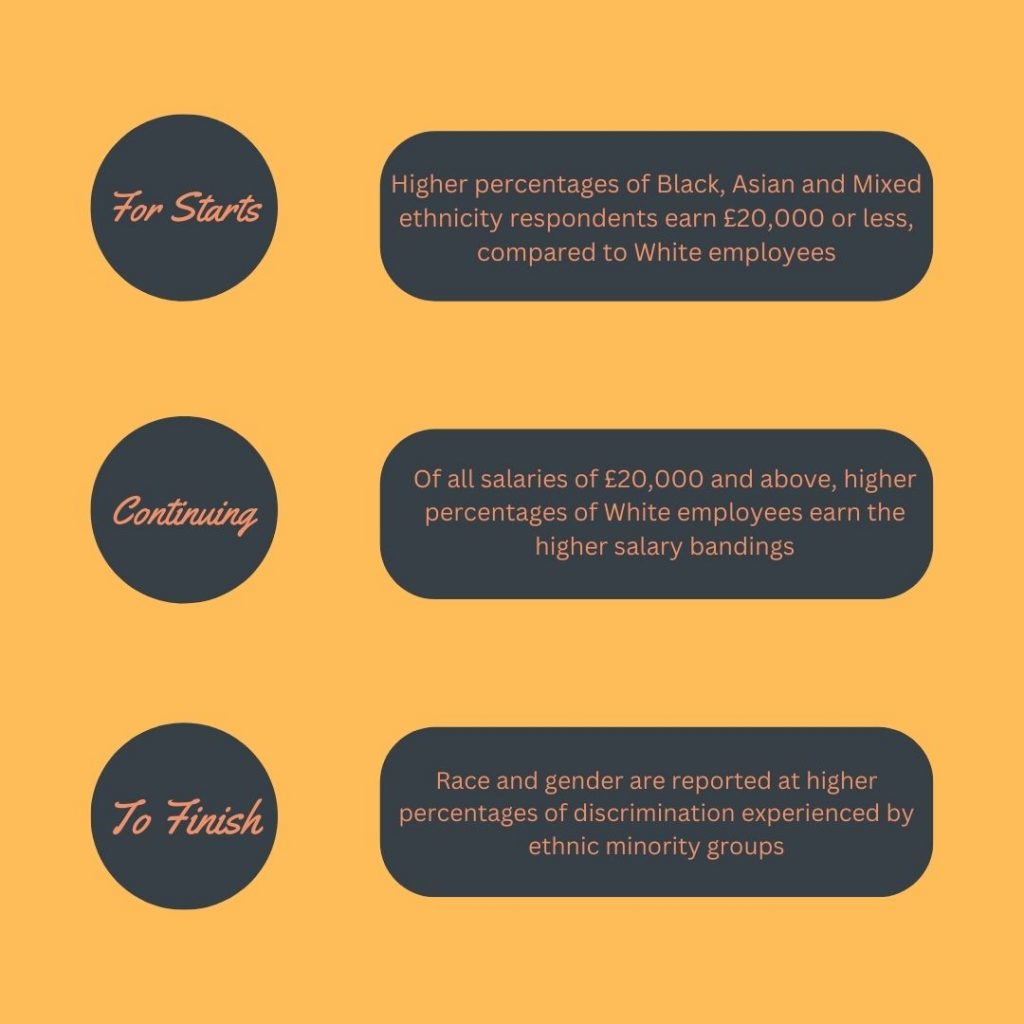Local organisation Burum collective uses a creative approach to try and increase union representation in one of the most precarious industries for workers

The hospitality industry is underrepresented by union membership. Credit: Pexels
The cost-of-living crisis does not seem to be going anywhere anytime soon. Its causes and instigating factors are diverse and numerous, but although analyses of these factors can be interesting in their approach and findings, it does not particularly matter in the long-term if solutions to the ongoing crisis are not concocted at the same time alongside them.
One possible solution offered to the rapidly declining standard or living for swathes of the working population in Cardiff, across Wales, and elsewhere in the UK as prices soar is the creation of stronger, nation-wide trade unions and subsequently better bargaining power for their members. As unfaltering strike action from across industries with historically strong unions such as rail and health services hits the four corners of the UK, how could underrepresented workers in hospitality join in on the struggle for improved wages, contracts and working conditions?
Bleak situation
When compared to other industries, the hospitality sector is significantly underrepresented by union membership. According to data published by the UK government, just over a fifth of employees nationwide were unionised across all industries whereas for hospitality, and sales and customer service occupations more broadly, these figures were considerably lower at 14.5% for full-time workers and 15.5% for those working part-time.
Across all other sectors in Wales and beyond, this has contributed to the fact that real pay is lower now than it was in 2008, according to analysis by the Trade Union Congress. In September of last year, the TUC’s general secretary, Paul Nowak said that although average pay has finally inched above inflation in recent months, real wages are still falling across the public sector, retail, hospitality and construction.
The situation regarding wages for workers in hospitality remains bleak. In a 2023 survey of those employed in the service industry conducted by the not-for-profit, Be Inclusive Hospitality, in conjunction with several academic institutions, it was revealed that in terms of income, almost half of respondents were earning less than £20,000 per year.
On average this would leave a Cardiff resident in this income bracket earning an hourly salary somewhere between £9.62 and £10.40 which is dramatically lower than the figure calculated by the Living Wage Foundation for how much they would need to earn to afford amenities outside of basic food, rent etc. The foundation places the UK Living Wage for outside of London at £12.00 per hour so to earn below this significantly worsens their standard of living.
On 21 November the UK government announced their new National Living Wage rates for 2024 as a mandatory £11.44 an hour, but this won’t affect the wages of Welsh workers until April of this year and still remains below the Living Wage Foundation’s suggested figure. With progress slow on this front, it is unsurprising that many within the hospitality industry in Cardiff and elsewhere have turned to strengthening their union representation as a means of fighting for better pay and working conditions.
According to Be Inclusive Hospitality’s report, however, there are further significant disparities in pay in relation to minority groups.


Zine inspiration
Burum Collective is a Cardiff based organisation that started in 2020 during lockdown and acts as an online blog and networking facility, aiming to connect people in the hospitality and drinks industry. Rachel Hendry, who co-edits the collective’s published output with her friend, Helen Anne Smith, and who herself has worked in hospitality for about six or seven years now, says that they wished to write about bars and restaurants from the point of view of people who work within the industry. She explains: “I think a lot of people that write about drinks don’t work in it; they’re not bartenders.”
A lot of their networking efforts have been geared toward increasing union representation within their industry and their website and latest print publication, the zine called Service, Please?, utilise creativity as a means to this end. The zine itself, released in November, combines the written work and illustrations of a handful of contributors with resources from Unite the Union. The co-editors of Burum hope that drinks and hospitality employees can distribute the zine with their beer and other products to pubs and bars, and spread information on how to organise effectively throughout the sector.
Hendry believes the working environment in restaurants, bars and other establishments provides fertile ground for the spread of unionising and uniting employees in a common goal. She says: “A restaurant relies on teamwork and really strong working relationships between people. The nature of hospitality really fuses that strength and it serves working relationships in very unique ways.”
The hospitality industry, and unions in this country have a long way to go, but there is clearly some room for optimism even if tinged with a dose of realism. Hendry is aware that she and Burum’s work maybe will not change the entire industry, but she believes that if a couple of people can make their workplace better or feel more confident in asking for things they are entitled to, then that is a success in and of itself. Besides, in order for any large-scale transformation to occur, you have to start somewhere, so why not begin right here in Cardiff?
